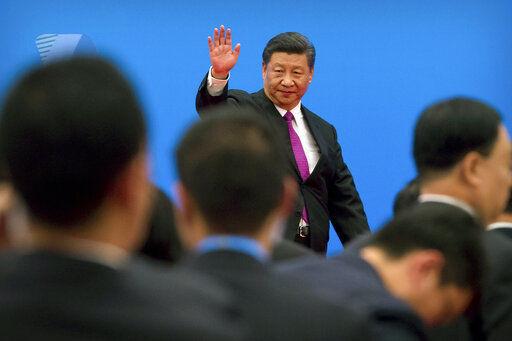WASHINGTON — President Donald Trump is delivering an additional $16 billion in aid to farmers hurt by his trade policies, an effort to relieve the economic pain among his supporters in rural America.
Agriculture Secretary Sonny Perdue said the first of three payments is likely to be made in July or August and suggested that U.S. negotiators may be weeks away from settling a bitter trade dispute with China.
The latest bailout comes atop $11 billion in aid Trump provided farmers last year.
Trump, seeking to reduce America’s trade deficit with the rest of the world and with China in particular, has imposed import taxes on foreign steel, aluminum, solar panels and dishwashers and on thousands of Chinese products.
U.S. trading partners have lashed back with retaliatory tariffs of their own, focusing on agricultural products in a direct shot at the heartland, where support for Trump runs high.
“The package we’re announcing today will ensure that farmers will not bear the brunt of those trade actions,” Perdue said.
Talks between the two nations broke off earlier this month with no resolution to a dispute over Beijing’s aggressive efforts to challenge U.S. technological dominance.
The U.S. charges that China is stealing technology, unfairly subsidizing its own companies and forcing American companies to hand over trade secrets if they want access to the Chinese market.
Trump and Chinese President Xi Jinping are expected to discuss the standoff at a meeting of the Group of 20 leading industrial nations in Osaka, Japan, next month.
Nebraska and Iowa lawmakers have made clear that they and their constituents would rather have open markets than more government assistance.
But they also aren’t turning down the aid in the meantime.
Sen. Deb Fischer, R-Neb., said the next step on trade is finalizing the replacement for the North American Free Trade Agreement and then settling the ongoing disputes with China.
While the disruption of trade with China is hurting agriculture, Fischer said farmers understand the importance of the fight.
“Nebraskans for the most part understand that if we don’t take the Chinese on now, we’re not going to be able to because they will be so strong economically and militarily,” she said.
World-Herald staff writer Joseph Morton contributed to this report.



